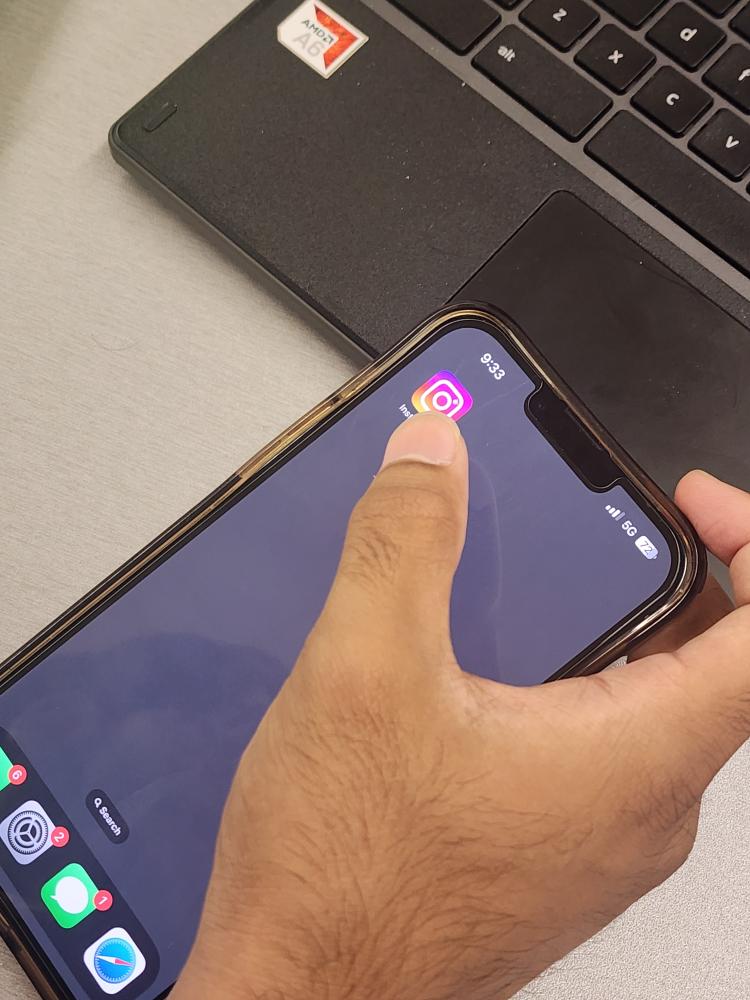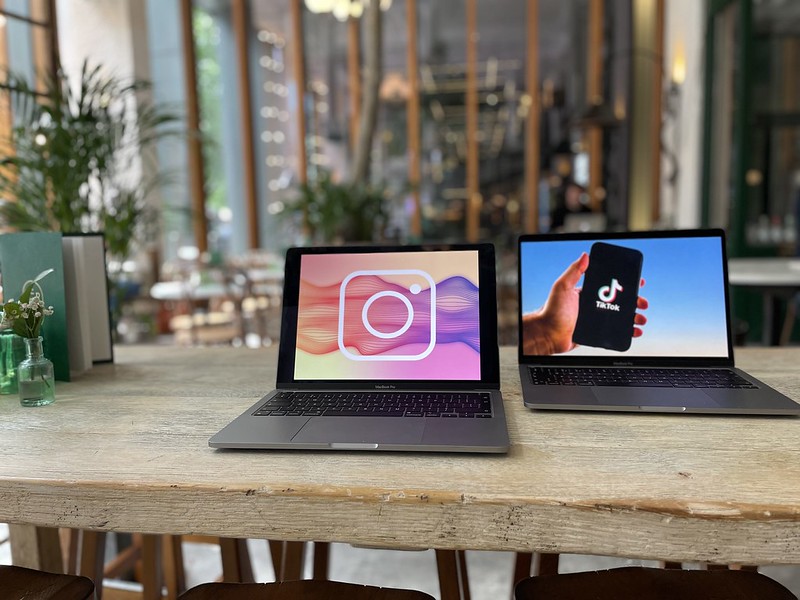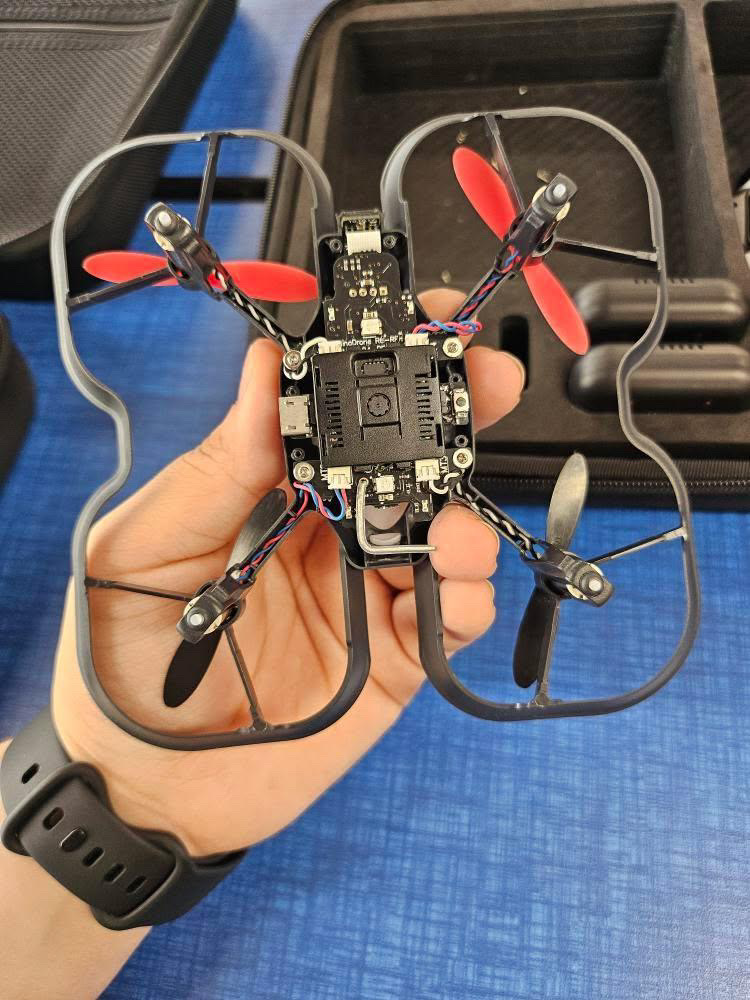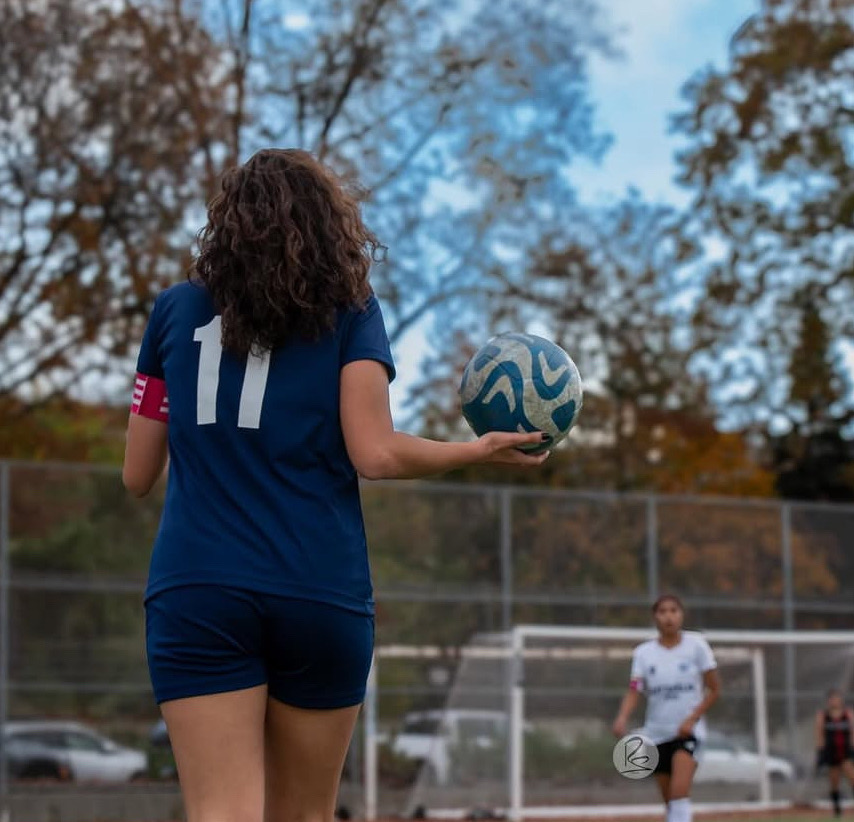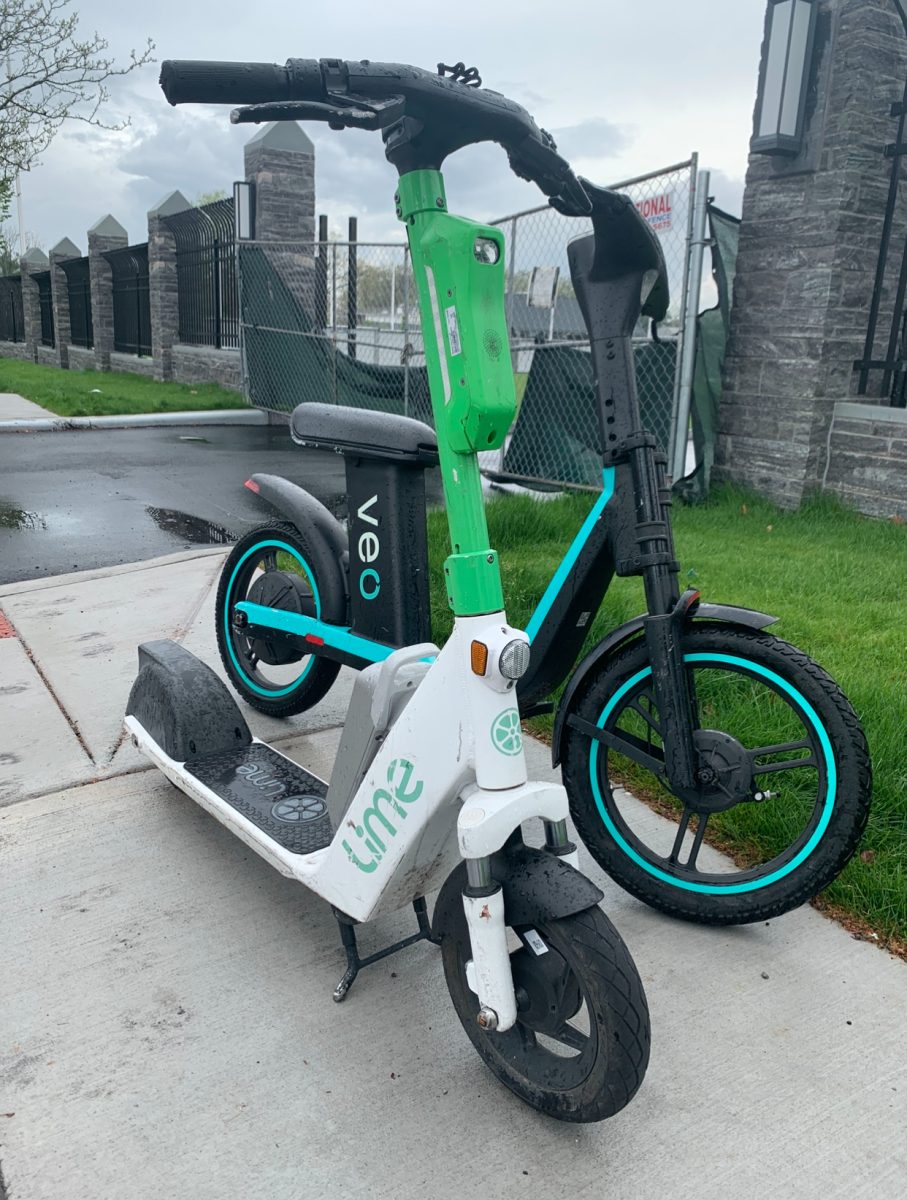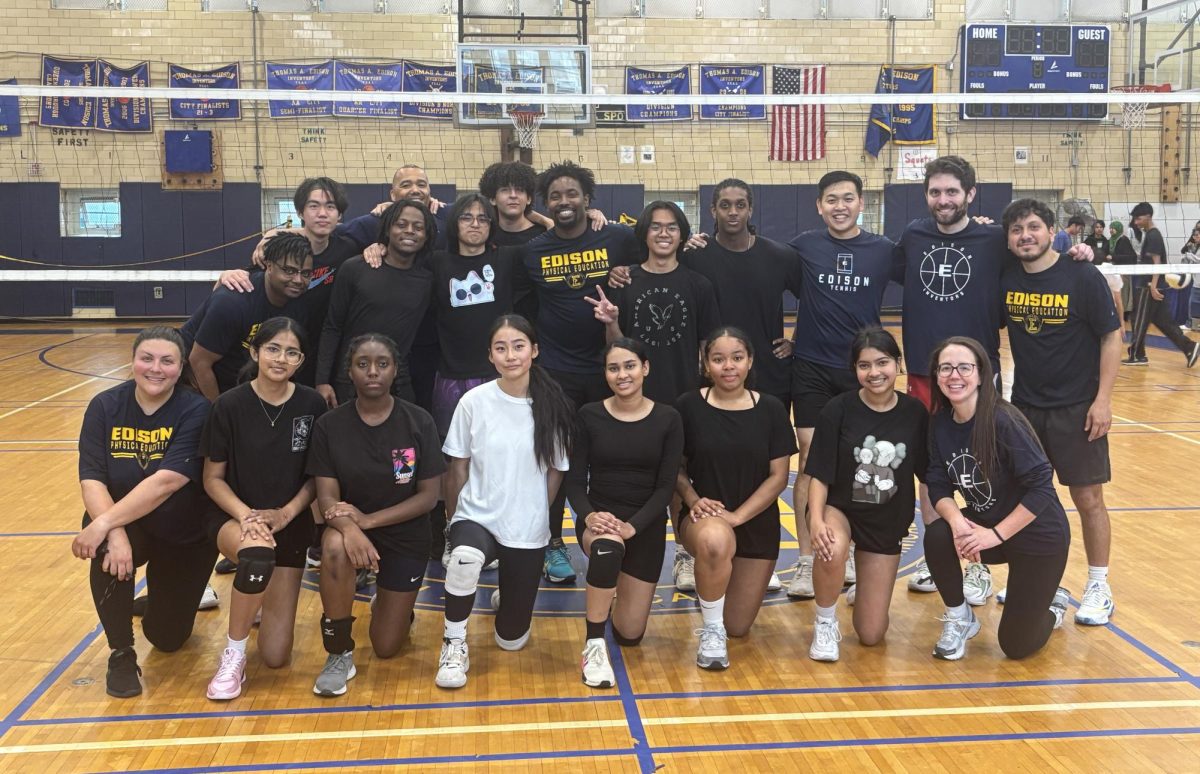Gatorade, Powerade, anything -ade, what is the big deal about these sports drinks? Sports drinks are advertised to increase sports performance, make athletes perform more efficiently and longer, and provide energy to your working muscles and your brain. When it comes to sports drinks, there are many options, but the top three most common drinks are Gatorade, Powerade, and Body Armor. They all claim to make you like Michael Jordan, but which one is really the best? Here, we will go into the nutritional facts and the impact they have on athletes to determine which sports drink is the best for you.

Brief Summary of What Gatorade is
Gatorade was invented in 1965 by a group of scientists in a University of Florida lab hence the name ¨Gator¨ Ade. There are 22 Gatorade flavors with the most common one being Cool Blue. Gatorade contains three electrolytes, sodium, potassium, and chloride, to help replenish lost electrolytes and keep your body running smoothly and efficiently during intense exercise. A 20-ounce bottle of Gatorade has 34 grams of sugar, 36 grams of carbohydrates, and 140 calories. This is a high amount of sugar and salt, but they do contribute to your body’s nutrients and minerals when you sweat after intense activity. It is recommended that you drink Gatorade 30 minutes after exercise and you should not drink it if you are inactive because it can diabetes, heart diseases, and more.
Brief Summary of What Powerade is
Powerade launched in 1988 and is the second sports drink in the US market by sales and volume after Gatorade. Powerade first came out under Pepsi and got the name due to it having 33 percent more carbohydrates than any of its competitors. There are 16 flavors of Powerade available .with the number one flavor being Blue Raspberry Cherry. A 20 oz. bottle of Powerade has 140 calories, 35 grams of sugar, 250 mg of sodium, and 35 grams of carbohydrates. Powerade has more vitamins and minerals than Gatorade, but Gatorade is slightly better at replacing lost electrolytes. Just like Gatorade, you should not drink Powerade without any physical activity because this can lead to health problems.
Brief Summary of What Body Armor is
Body Armor was created in 2011 by Lance Collins in our very own, Queens NY. There are 12 flavors of Body Armor with the most popular being Peach Mango. A 20 oz. bottle of Body Armor has 180 calories, 50 mg of sodium, 44g of sugar, and 45g of total carbohydrates. It is described as a combination of proprietary blends and coconut water that work together to protect, prevent and hydrate. The biggest difference is that both Gatorade and Powerade use sodium as their key electrolyte while BodyArmor’s primary electrolyte is potassium. The late and great Kobe Bryant was sponsored by the drink and pushed it to where it is today.
Which drink is the best?
Now that you know about what these three sports drinks are, what is the best? This question can have many answers depending on what aspect you’re looking at. The main battle is between Gatorade and Body Armor. If you are looking at the sugar content, you should turn to Powerade or Gatorade since it has 2 fewer grams than Body Armor. If you’re looking at sodium content, you should turn to Body Armor since it uses high potassium. If you’re looking at electrolytes, you should turn to Body Armor. Body Armor is a more natural drink and has more electrolytes than Power and Gatorade. To get a second opinion, I decided to get an interview with Mr. Zogopoulos. I asked him to give a brief explanation of who he is and he told me, “…My name is Chris Zogopoulos and I am a Physical Education teacher at Edison. I also coach the boy’s soccer team and the girl’s track team. Sports have been a big part of my life since I was very young both as a player and later on as a coach… As far as sports drinks… Although I am not an expert in nutrition, I believe that I know enough to have an educated opinion on the matter. In a nutshell, sports drinks can be beneficial to athletes who engage in long and intense training but they probably are unnecessary for most people. If you perform light to moderate exercise, you probably do not need to use sports drinks. Most athletes consume sports drinks for the following reasons:
a. to prevent dehydration during high-intensity training
b. to fuel their muscles with energy
c. and to aid in recovery and restoration of electrolyte balance.”
“If I am looking to prevent dehydration during intense training, I would choose a drink with a high amount of electrolytes. If I am looking for some quick energy, I would choose a drink with a blend of sugars (carbohydrates). If I am looking to aid my recovery, I would choose a drink that has both carbohydrates and some protein,“ Zogopoulos said.
With all this being said, you can drink and benefit from any of these sports drinks as long as you’re using them properly with activity.















